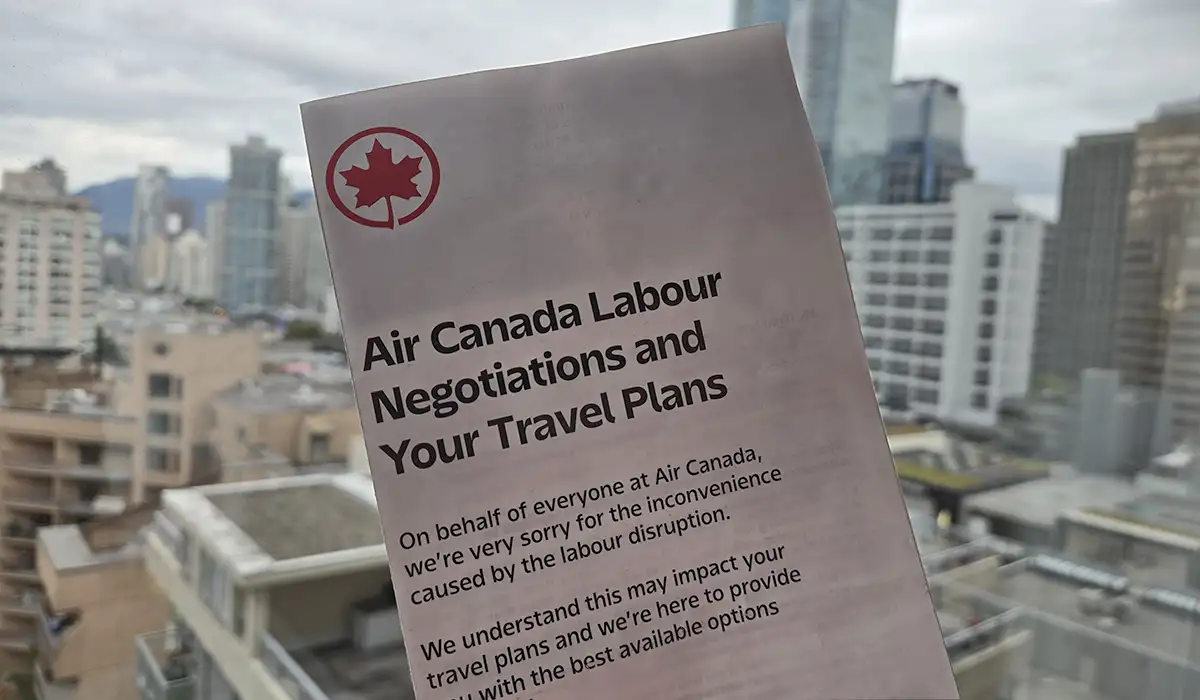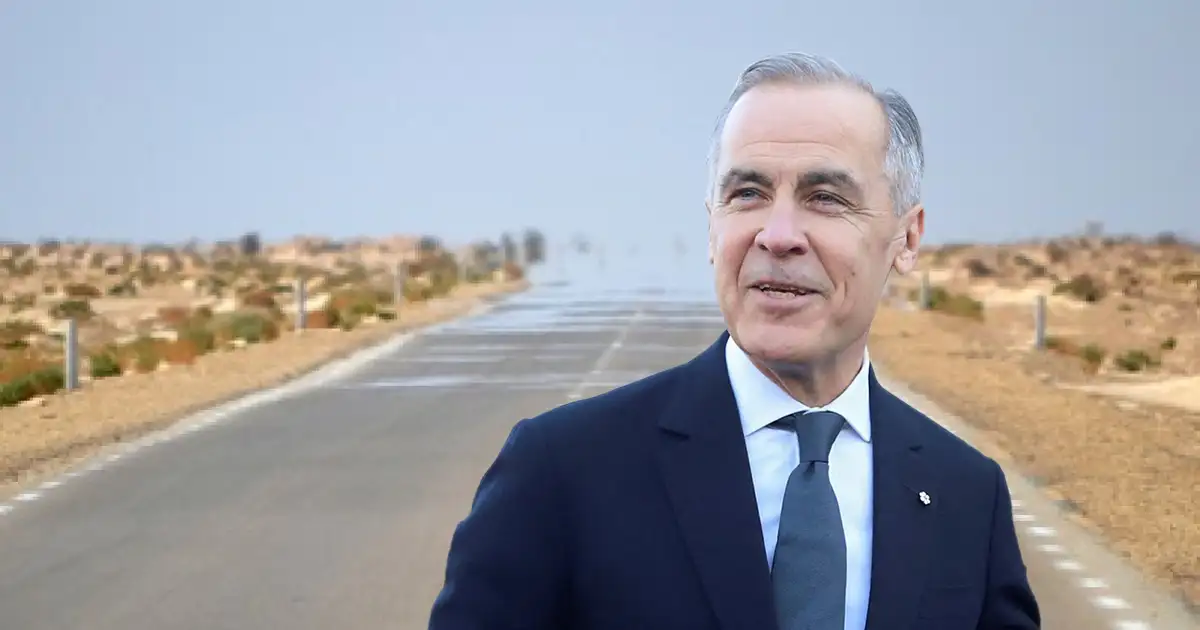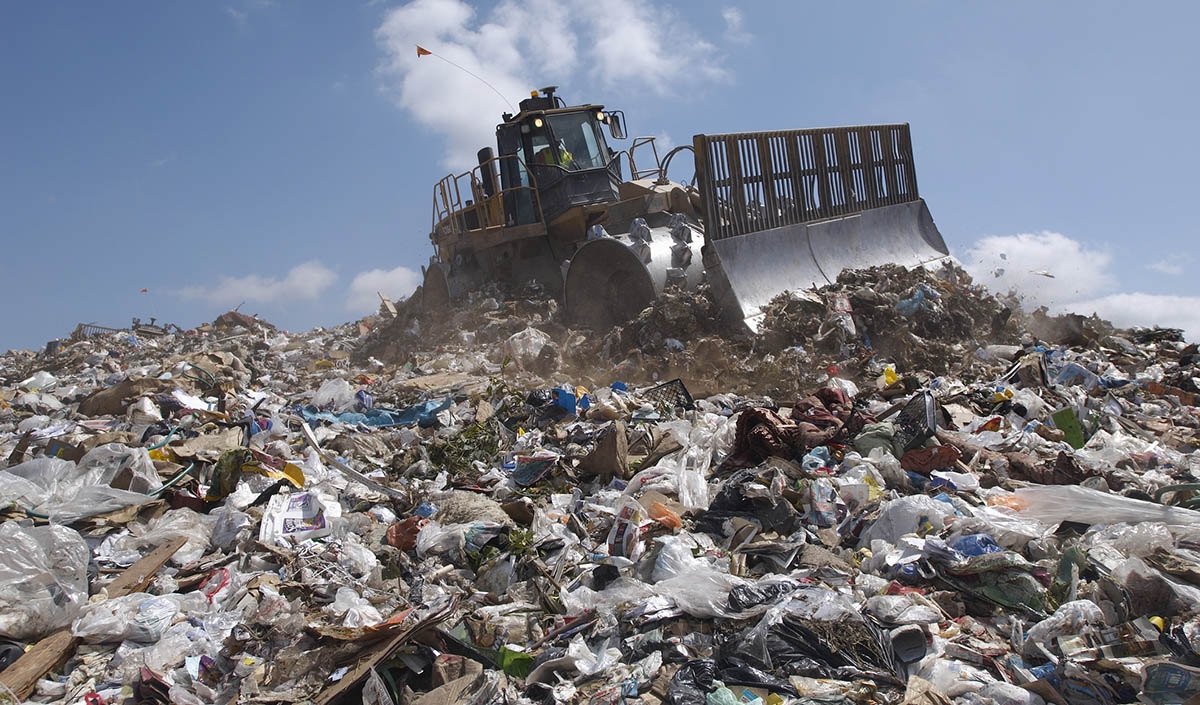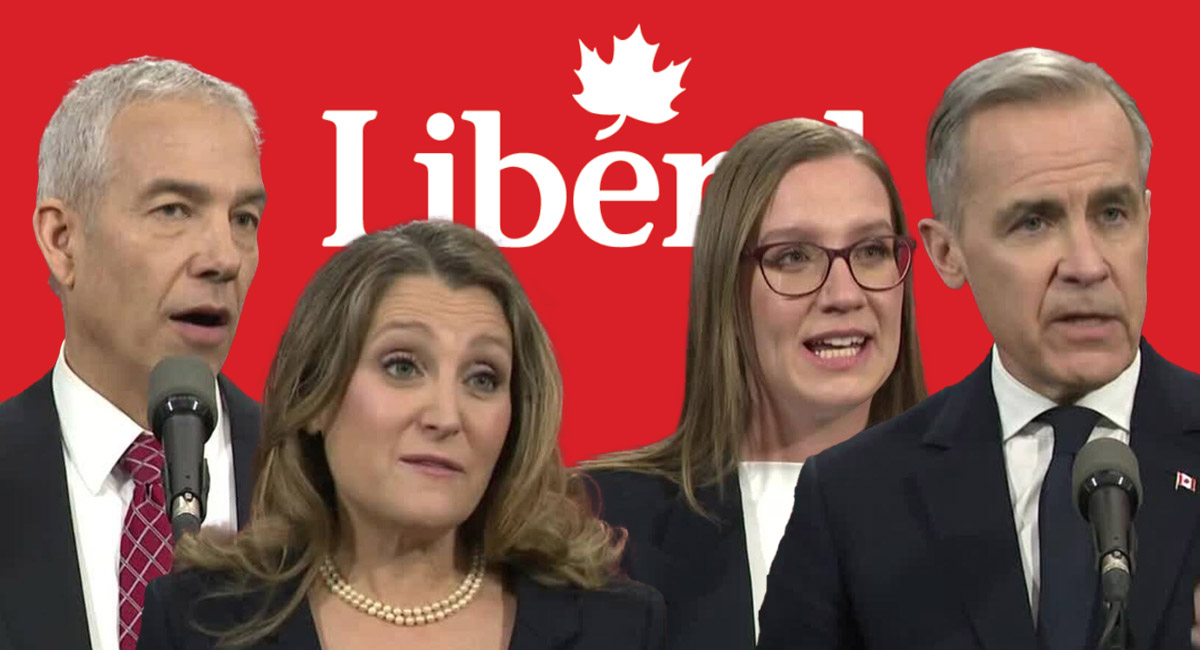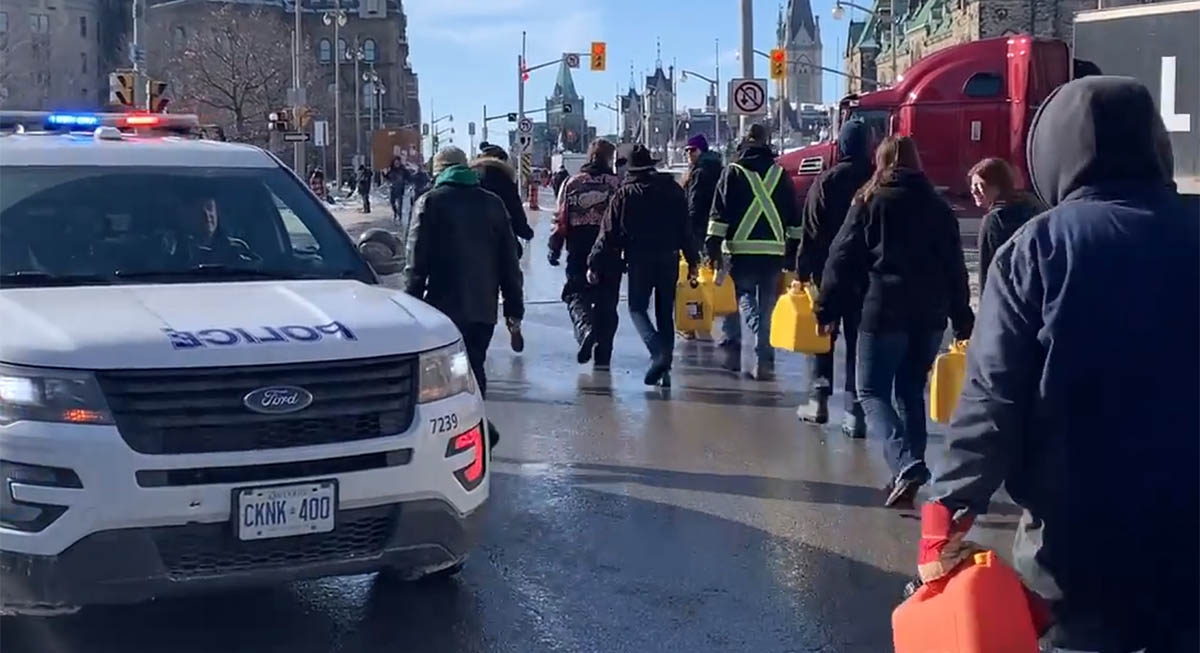
We all witnessed the failure of police to control the Freedom Convoy
When thousands of angry, Trudeau-hating anti-vaccine truckers and their raging hangers-on from across the country occupied our capital for over three weeks, Canadians watched blanket TV coverage with horror and wondered what kind of country allows the lawless terrorizing of its national capital by “yahoos,” as Jim Watson, the mayor of Ottawa called them.
TV journalists, who were our eyes and ears during these weeks, clearly and “repeatedly” reported that the police were not enforcing the law, including showing illegal jerry cans of gasoline being toted to waiting trucks, including on the day the Ottawa police chief said tickets were being issued.
One journalist recalled police issuing parking tickets outside the downtown core, not on the hill. Network TV showed us plywood storage structures being built, organized deliveries from a distant supply centre, major online funding, singing, bonfires, fireworks at night, and incessant honking. Reporters had difficulty talking to protestors who preferred social media to get their message out to appearing on camera. Telling the story of the occupation was very difficult, even dangerous, as TV reporters were swarmed and harassed.
Daily briefings by police did not provide much reassurance to Ottawa residents. Tough questions about law enforcement were not answered with any satisfaction. It took a 21-year-old downtown resident, Zexi Li, to launch an injunction to make horn honking illegal on February 8, 2022. The same week, Police Chief Peter Sloly called for major reinforcements to help beleaguered Ottawa Police and the mayor called the occupation an “insurrection.”
The public agreed. A debate in the Commons on the situation found everyone making the right noises but no real action plan to end the unprecedented complete breakdown of order in a major city. We watched, amazed. By the last week, only a few OPP officers showed the result of pleading for more support. It was widely reported that tow truck operators refused to be involved.
It turns out the under-resourced Ottawa Police and governments had been warned about the dangerous convoy by an OPP intelligence report distributed as it was being organized across the country. OPP Superintendent Pat Morris told the Inquiry into the use of the Emergencies Act that their intelligence warned there would be a “significant” event that would involve large groups of motivated people and commercial vehicles with the intent of impeding government business with no exit plan. Protesters travelling to Ottawa showed an incredible motivation and would follow through on what they were saying, Morris told the inquiry. The OPP also warned of “ideologically motivated extremists who espouse sovereign citizen ideals.” These warnings were not taken seriously by Ottawa Police, who initially thought the demonstrations would only last a few days.
The political ins and outs of the use of emergency powers and the suspension of some normal civic rights are dominating the news, as is speculation as to what parties will be winners and losers as a result of its findings. The inquiry is hearing from over 60 witnesses, including the prime minister and ministers who will defend the use of the Emergencies Act as the only way to clear Ottawa streets. And we will all be reminded of how several senior Conservatives openly and inexplicably supported the truckers – the new leader being inspired by the convoy’s blatant use of the freedom slogan and adopting it for his own.
Legalities aside, the use of the Act succeeded in ending the occupation, and we applauded watching serried ranks of over 2,000 police push protestors back and clear Ottawa’s streets while tow trucks forced to comply towed rigs away.
I am reminded, as are many older Canadians, of Pierre Trudeau’s “Just watch me” confrontation with CBC’s Tim Raife after invoking the War Measures Act during the FLQ-driven October Crisis in 1970. He was clear he had no time for “bleeding hearts” who did not like the sight of the military who were called in. “Let them go on bleeding,” he said. While the wholesale arrest of suspected separatists in Quebec left an enduring black spot on Trudeau’s reputation there, his decisiveness in dealing with an organized threat to the government was well-received in the rest of Canada.
The “freedom convoy” started as a revolt against vaccine mandates which were preventing unvaccinated truckers from entering the U.S. It morphed into a coalition of angry Justin haters, right-wing extremists, and malcontents with wider if unrealistic ambitions to form a parallel government – an ambition of the FLQ in 1970 as well.
Some will say in the end, the anti-vaccers won – for example, a new government in Alberta is dedicated to never again imposing vaccine mandates. But the “insurrection” on Ottawa’s streets went well beyond that, and many feel the government finally had to show resolve and strong action to end the biggest demonstration of lawlessness Canada has seen for generations. The fact that Justin, like his dad, was decisive and did end the occupation may win the battle for hearts and minds, even if he did overplay his hand. Our distaste for images of lawlessness we saw endlessly on TV over more than three weeks may have helped that.

